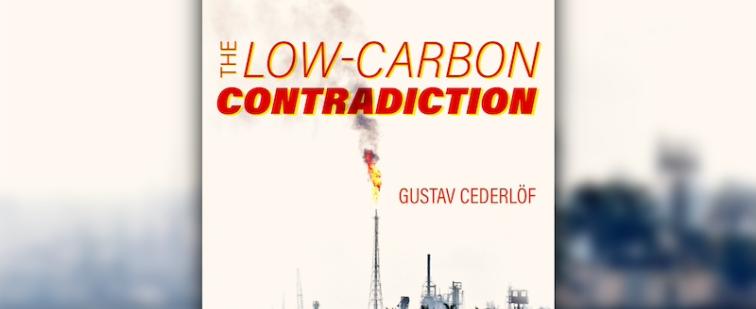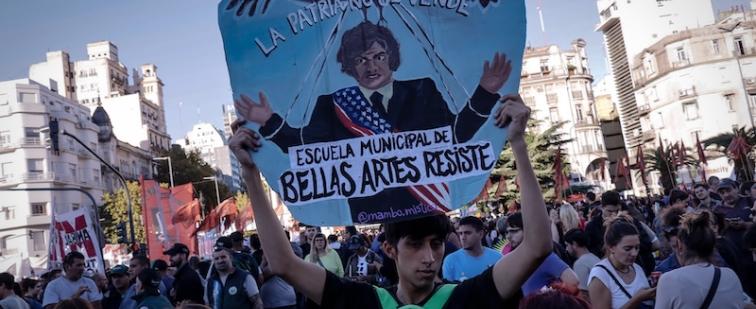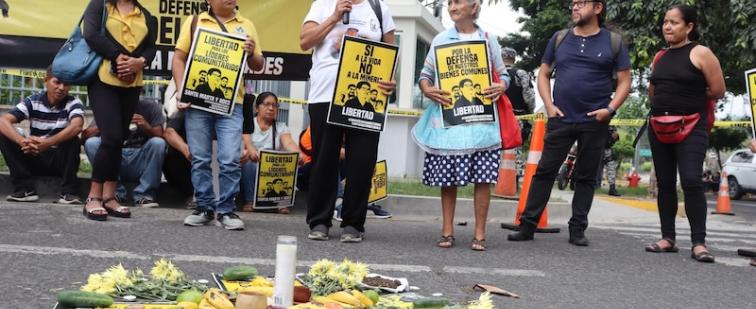Home
The rescue of the 33 Chilean miners was, countless newspapers and magazines informed us, the “most triumphant” story of 2010. But it was also one of the most sophisticated and dexterous public relations campaigns ever mounted, one that executives will study for years.
Most English-language news media reported on the serious problems that plagued Haiti’s recent elections, including long lines, record low voter turnout, and violence. But they barely mentioned the election’s biggest flaw: the arbitrary banning of more than a dozen political parties from the ballot—most notably Fanmi Lavalas, the country’s most popular party, which has won every election in which it has been allowed to participate.
On September 30, CNN’s correspondent in Ecuador, Rodolfo Muñoz, resigned after 14 years on the job. That day Muñoz had covered a police revolt that paralyzed Ecuador, in what President Rafael Correa called a coup attempt. Muñoz’s decision to quit raises questions about how the U.S. media covered the crisis.
On November 29, the de facto authorities in Honduras held a blatantly fraudulent election—complete with state violence against dissidents in the run-up to the voting, ballot irregularities, and manufactured turnout numbers. Sadly, some countries are recognizing these elections, giving unwarranted legitimacy to former de facto president Roberto Micheletti and the other coup leaders who took power in June.
For the last two decades, the dominant narrative justifying the U.S. military’s activities in Latin America has been the war on drugs and the fight against “narco-terrorists.” In the last ten years, however, the U.S. military has undertaken several unrelated activities including low-profile tests of military equipment; humanitarian assistance that the military itself acknowledges has intelligence-gathering purposes; and training to suppress social protest. This article was originally published in the May/June 2011 issue of the NACLA Report on the Americas.
The disappearance of women in Apodaca, Nuevo León has become a routine occurrence since the Zetas took over one of the fastest-growing and most marginalized counties in the state. Some of the women were kidnapped off the street or chosen at random for their appearance. Others were taken from their houses at gunpoint and by threats. All were poor, young, and pretty.











